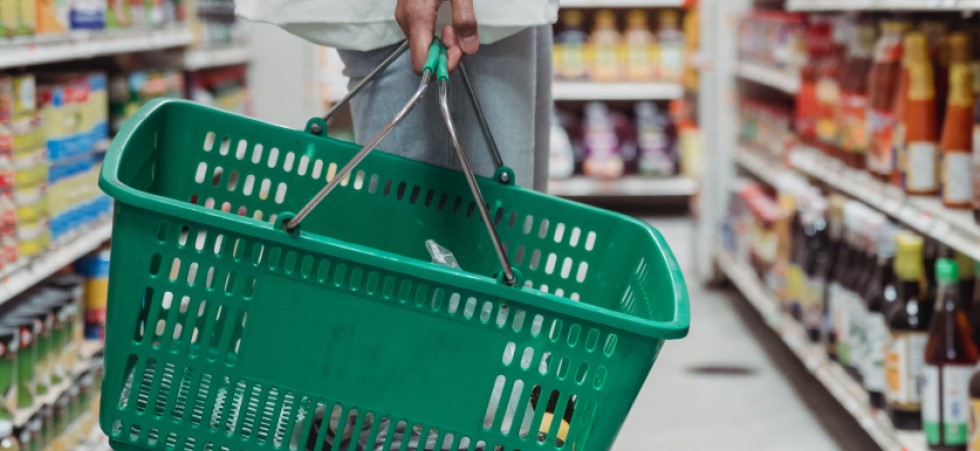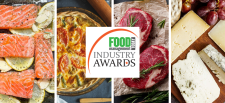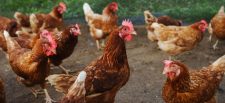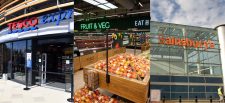The Office for National Statistics (ONS) has released its latest figures on consumer price inflation (CPI), finding that food inflation rose 1.5% in the year to July – the same rate as that recorded in the year to June.
The June figure was the joint lowest annual rate since October 2021 when it was 1.3%, but it is the first time since March 2023 that the annual rate has not eased. Before then, ONS reported 15 consecutive months of slowing prices.
The annual rate of 1.5% is down from a recent high of 19.2% in March 2023, which ONS said was the highest annual rate seen for over 45 years.
ONS found that foods such as bread, cereals, fish and vegetables all provided downward contributions to the change in annual rate of inflation between June and July 2024. There were upward contributions from products such as cheese, eggs, fruit, sugar, jam and honey.
Industry calls for continued Government investment
Balwinder Dhoot, director for sustainability and growth at the Food and Drink Federation (FDF) said: “We’re pleased that as pressures across the food supply chain ease, food and drink price inflation continues to stabilise. While energy and global commodity prices remain elevated due to a series of shocks, including the war in Ukraine and ongoing geopolitical uncertainty, there are strong signs that the industry is turning a corner. Around 85% of food manufacturers expect to maintain or increase investment levels over the coming year, after a 30% decline since 2019.
“Our industry plays a vital role in every community, and the local and national economy. As well as providing job opportunities and skills development it underpins the nation’s food security. Continued investment is key to safeguard and enhance the resilience of our food supply, tackle climate change and health inequalities, and boost jobs and growth.”
“With headline inflation showing signs of rising further, retailers face the prospect of another large rise in business rates next year.”
Kris Hamer, director of insight at the British Retail Consortium.
Responding to the latest CPI inflation figures, which show headline inflation rising to 2.2% and food inflation unchanged at 1.5%, Kris Hamer, director of insight at the British Retail Consortium (BRC), said: “Despite prices falling month-on-month, headline inflation returned above the Bank of England’s 2% target.
“Food inflation was unchanged, after falling for the preceding 15 months, as increasing commodity costs over 2024 began to filter into prices, however key ingredients like rice and olive oil did see a welcome price drop on the previous month.
“With headline inflation showing signs of rising further, retailers face the prospect of another large rise in business rates next year, which are based on September inflation rates. This penalises the retail industry, as retail products currently have generally lower inflation levels than the headline figure on which business rates rises are based. The Government should buy into retail by ending the 14 years of Conservative business rates rises, which have seen the multiplier increase by a third since 2010, harming the viability of many high street stores across the country.”









